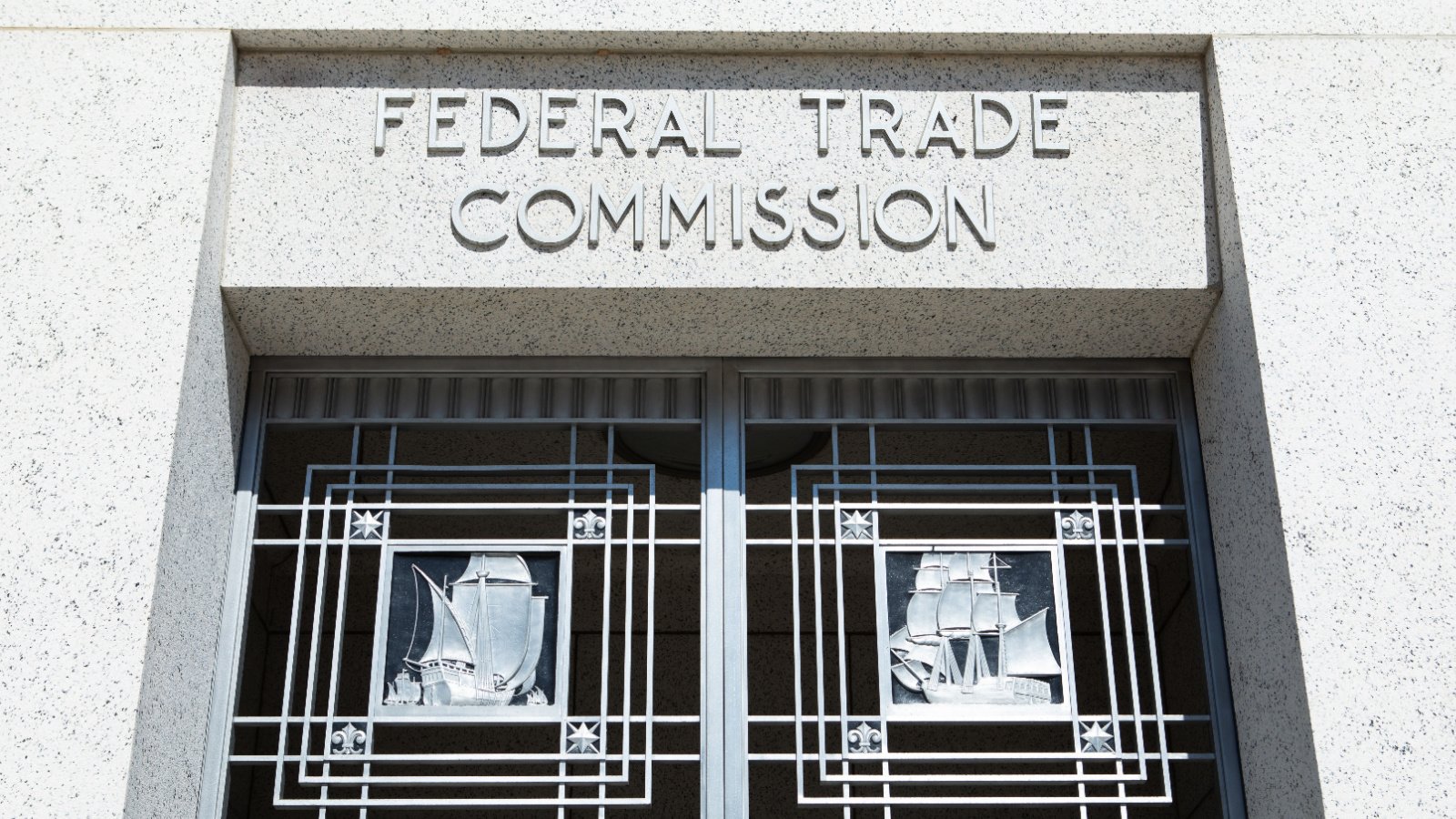The Federal Trade Commission (FTC) recently alerted the public that scammers are increasingly trying to defraud travelers online. The scammers pose as airline customer service agents and scour social media for travelers complaining about their travel experience.
Rise in Flight Cancellations and Delays

This summer has seen more than its fair share of flight cancellations and delays, from hurricanes and lousy weather fronts to the massive global Crowdstrike glitch that grounded thousands of flights.
FTC Warns Travelers

The FTC released an alert saying, “Most people can probably agree that there are few things more frustrating than airline delays or cancellations that leave you stranded at the airport.”
“Whether the issues result from an unprecedented event like the Crowdstrike glitch that grounded thousands of flights worldwide, or more common disturbance like weather delays, desperate travelers often turn to social media for airline help.”
Scammers Target Disgruntled Travelers

However, the FTC warned that scammers are prevalent online, waiting for disgruntled travelers to identify themselves. The criminals “lurk behind fake accounts trying to steal travelers’ information.” The scammer will ask for booking confirmation, phone, and bank account numbers.
The Threat of Identity Theft

Sometimes, scammers send passengers to a false site to extract personal information, ultimately stealing the individual’s identity or accessing their bank accounts and credit cards.
The Growing Business of Cybercrime

Eric O’Neill of cybersecurity firm NeXasure said, “Cybercrime is the fastest-growing business on Earth.” He forecasts that 2026 cybercrime costs will be over $20 trillion.
Cybercrime to Outpace GDP of Germany and Japan Combined

To put it in perspective, O’Neill said, “In terms of GDP, that is number three in the world, and bigger than Germany and Japan put together. Cybercriminals have emulated the best in the business– espionage agencies– to launch deceptive attacks that gain the trust of their target so that the criminal can coerce them into handing over their most sensitive data with a smile.”
Scammers Thrive on Chaos and Crisis

He warned that cybercriminals are always at the ready when chaos and crisis occur. The scammers “have mastered the art of inserting themselves into a crisis.”
Crowdstrike Circumstances and Aftermath

Although Crowdstrike states that the outages were not due to hacking or compromise, the aftermath of the failure left travelers vulnerable to attack from scammers posing as airline customer service representatives.
Deceptive Tactics of Cyber Criminals

In this case, their tactic is to “use deceptive and impersonation attacks that prey upon a target’s fears or desire to believe a thing to be true.”
During the recent Crowdstrike crisis, O’Neill said, “We saw countless scams where criminals would use imposter attacks that pretended to be airline support, Crowdstrike support, and various pretend vendor support to assist a target in escaping the crisis.”
Airlines’ Shift Away from Social Media

Jason Rabinowitz, co-host of Flightradar24’s AvTalk Podcast, said, “This has been going on for a while now, and it doesn’t seem to have improved. The only real change since then is that several airlines have given up on Twitter as an official channel altogether.”
Challenges of Using Social Media for Customer Support

X, formerly Twitter, was a popular outlet for travelers trying to communicate their frustration and gain understanding about the massive outages happening in their travel. However, there were more scammers than actual airline officials on the site.
Tips for Detecting Scammers

Rabinowitz said, “Scammers were trying to take advantage of this, replying to unsuspecting passengers while posing as the airline.”
Search for Authentic Customer Service Accounts

One of Rabinowitz’s top tips for detecting scammers is to check whether the account contacting you is authentic. He says to search Google to find the official airline support account and make sure that similar letters and numbers are not substituted to confuse or scam potential victims.








